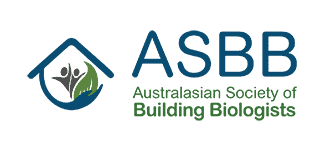Symptoms of hay fever can often be mistaken for a common cold. To help you understand more about this allergy, here is a breakdown of hay fever symptoms and hay fever remedies.
What is hay fever?
Hay fever (also known by the name allergic rhinitis) is an allergic reaction to pollen and other allergens. Pollen is the fine powder produced by plants, trees or flowers, to fertilize other plants, trees or flowers of the same species.
Individuals who suffer from hay fever allergy may have either a seasonal allergy or a perennial hay fever condition. Grass pollen which is at its peak during summer and spring is the most common cause of seasonal hay fever allergy. People with perennial hay fever symptoms are allergic to common allergens found indoors such as house dust mites, feathers, and animal dander.
Hay Fever Symptoms
Hay fever is often a genetic condition. You may also develop hay fever if you have asthma or eczema. Similarly, if you have hay fever, you are at risk of developing asthma or eczema.
An individual with hay fever allergy may develop hay fever symptoms within a few minutes or hours of exposure to pollen and other allergens. Immediate symptoms of hay fever allergy include repeated sneezing, runny nose, watery and itchy eyes and an irritated throat. Other hay fever symptoms that may take longer to appear are –
- Difficulty in breathing through the nose.
- Your eyes feel sensitive to light
- You feel tired or grumpy
- Chronic cough
- Pain in your face
- Pressure in your ear
- Dark circles under the eye
- Headaches
- In some cases the affected individual displays asthma symptoms such as wheezing and breathlessness.
Confirmation of a hayfever allergy requires a skin prick test and/or a blood allergy test.
Hay Fever Remedies
This infographic from Telfast offers practical advice on controlling hay fever allergy.
In addition to taking these precautions include the following fruits and vegetables in your diet. These work as hay fever natural remedies* :
- Green leafy vegetables
- Honey
- Oranges, lemons and grapefruit
- Red peppers and chilly peppers
- Carrots, apricots, pumpkin, sweet potato
- Chamomile tea
- Garlic
Reducing intake of the following products may also help control your hay fever allergy:
- Alcohol, caffeine, and dairy products
- Tobacco
- Food colorings
- Peanuts
- Red meat
- Sugar
- Wheat
*Please consult a professional allergist for accurate information on foods that may and may not help your allergy.






